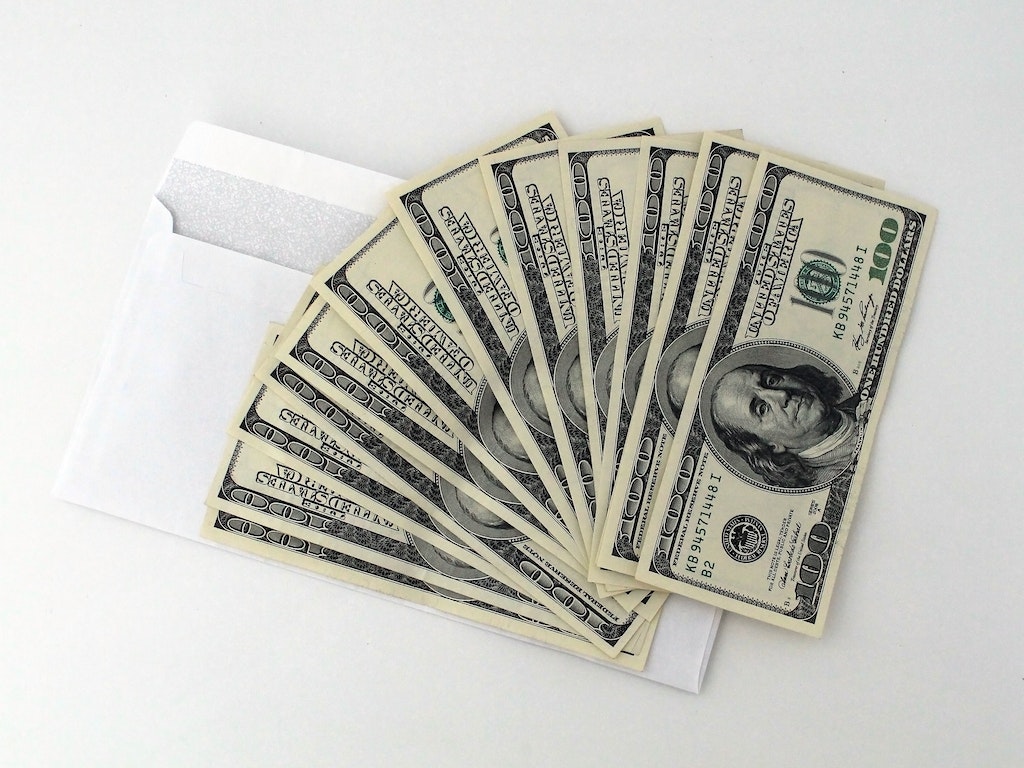
Credit cards have become a necessity in our financial lives, offering convenience, flexibility, and numerous perks. However, responsibly using a credit card is necessary to avoid debt and maximize its benefits. Whether you’re a new credit cardholder or looking to improve your credit card management skills, this guide will take you through the right ways to use your credit card effectively.
Create a Budget
Before using your credit card, establish a monthly budget. Determine your income and allocate specific amounts for everyday expenses such as groceries, utilities, and transportation. Include a category for credit card payments to ensure you can pay off your balance in full each month. By setting a budget, you’ll control your spending and avoid accumulating unnecessary debt.
Pay Your Balance in Full and On Time
One of the most critical practices when using a credit card is paying your balance in full and on time every month. Doing so prevents interest charges and maintains a good credit history. Set up automatic payments or reminders to make sure you get all the due dates. Paying off your balance in full demonstrates responsible credit card usage and can lead to increased credit limits and improved credit scores.
Track Your Spending
Regularly monitoring your credit card transactions is important for managing your finances. Utilize mobile apps or online banking to track your spending in real time. Review your statements to identify any unauthorized charges or discrepancies. Tracking your expenses also allows you to evaluate your spending patterns, identify areas where you could cut back, and make informed financial decisions.
Keep Your Credit Utilization Low
Credit utilization is a percentage of available credit that you’re using. Keep your credit utilization below 30% in order to maintain a healthy credit score. For example, if you have a credit limit of $5,000, aim to keep your outstanding balance below $1,500. By keeping your credit utilization low, you demonstrate responsible credit usage and improve your creditworthiness.
Be Mindful of Rewards and Benefits
Credit cards often offer rewards programs and benefits such as cashback, airline miles, or discounts at partner merchants. Familiarize yourself with the rewards structure of your credit card and maximize its benefits. However, balance earning rewards and overspending. Avoid unnecessary purchases solely to accumulate rewards, which may lead to financial strain and debt.
Protect Your Personal Information
Safeguarding your credit card information is vital in the digital age. Be cautious when making online purchases, and ensure you’re on secure websites. Avoid sharing your credit card details over unsecured networks or with suspicious entities. Regularly review your credit card statements and report any unauthorized transactions immediately. Taking these precautions will help prevent fraud and protect your financial well-being.








